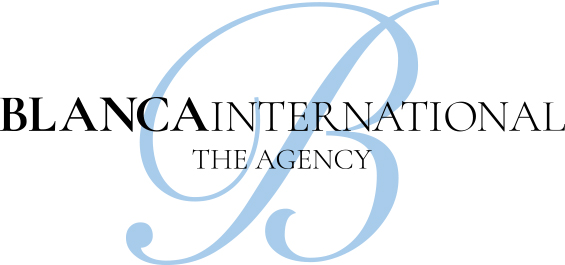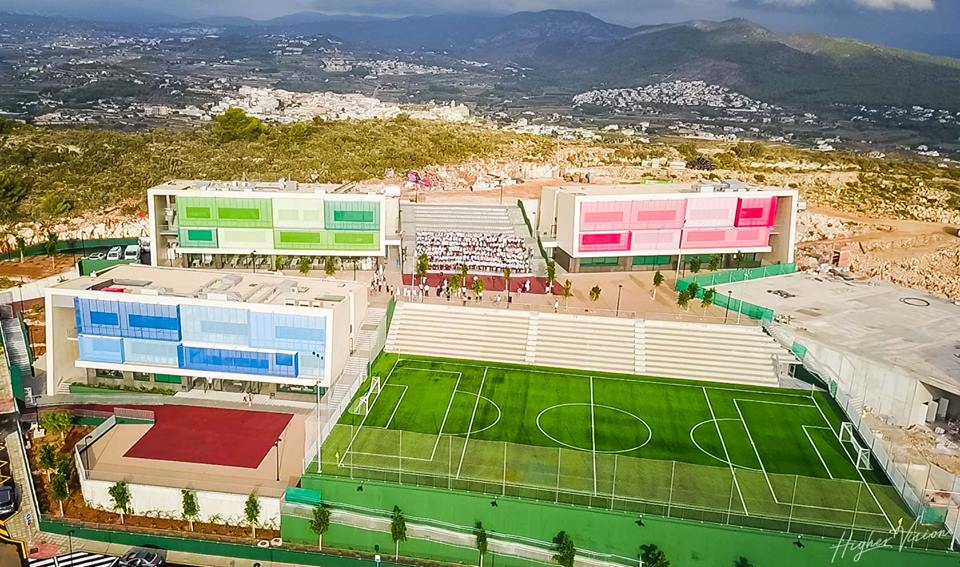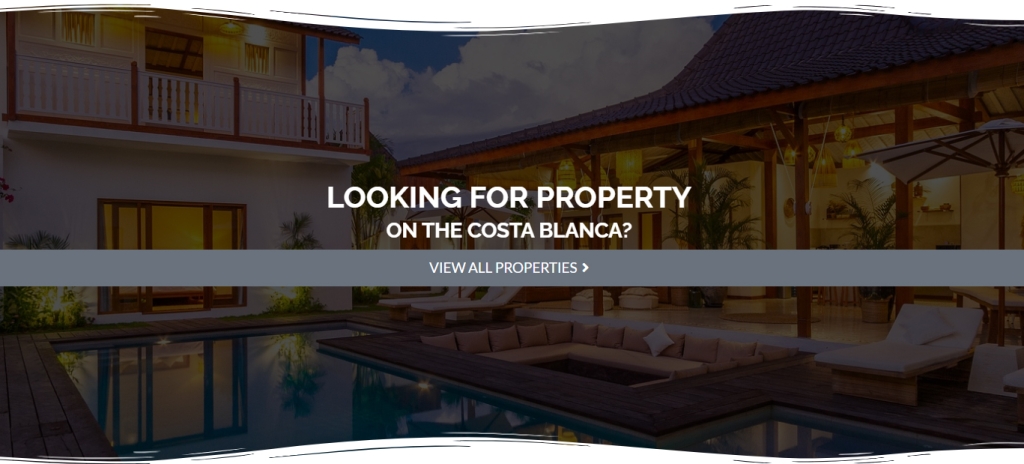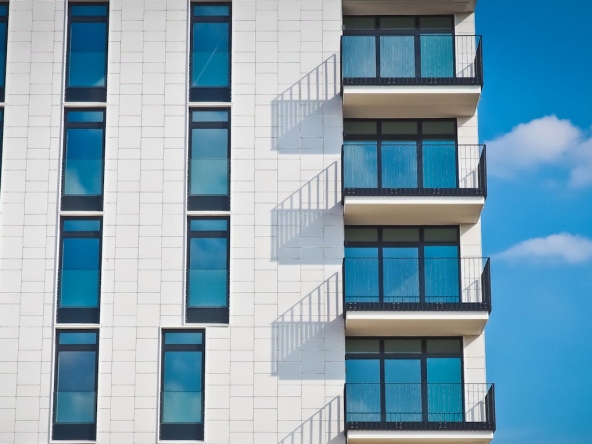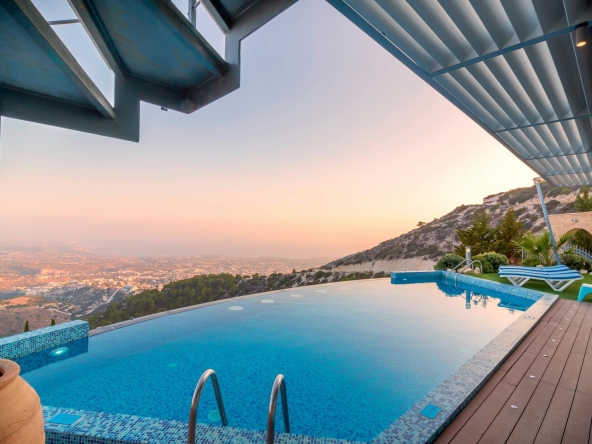National, state, international and private Schools in Javea. There’s a wide range of private schools (escuelas privadas) in Javea and surround areas, including international and bilingual schools, American and British schools. Here we give you everything you need to know about schools in Javea, Spain.
Education is compulsory in Javea, Spain from 6 to 16 years old. Here’s a guide to the options you have when moving to Javea in Spain for a short or long period of time, how schools work and what schools are in and around the Javea area, north Costa Blanca.
Search and find your dream property in Javea
Private Schools in Javea
Most private schools in Spain are co-educational Catholic day schools, although a number of schools (including some American and British schools) take weekly terms.
Like state schools, most private schools operate a Monday to Friday timetable. Private schools in Javea teach a variety of course levels, including the British GCSE and A-level examinations, the American High School Diploma and its college entrance examinations (e.g. ACT, SAT, achievement tests and AP exams), the International Baccalaureate (IB) and the Spanish bachillerato.
Most Spanish private schools, like schools teaching entirely in Spanish, are state-subsidized and follow the Spanish state-school curriculum.
Some international schools are also subsidized, follow a totally bilingual (English/Spanish) curriculum and are also authorized to accept Spanish pupils. They are required teach the Spanish curriculum, including primary and secondary education, and the bachillerato. These schools provide the opportunity for children to become completely bi-lingual, and to choose between a Spanish or English-language university or career.
To receive state subsidies and accept Spanish pupils, 25 percent of a school’s total number of pupils must be Spanish (at least 20 percent in each class). As a condition of receiving government funding, schools with Spanish pupils are subject to inspection by the Spanish school authorities.
Most private schools subscribe to insurance schemes covering accidents, both in school and during school-sponsored activities. Some schools award scholarships and offer grants to help parents pay fees, depending on their financial circumstances.
Fees private schools in Javea
Private school fees in Javea, Spain vary considerably depending on the quality, reputation and location of a school, and are low compared to the cost of private education in Northern Europe and North America. Not surprisingly, schools located in Madrid and Barcelona are among the most expensive.
Fees at subsidized Spanish schools are around EUR 700 a year, where- as fees at independent foreign schools range from around EUR 4,000 a year to well over EUR 8,000 a year at senior schools (particularly for boarders).
Fees usually do not include registration, books, materials, laundry, insurance, extra-curricular activities, excursions, meals and transport (most private schools provide school buses). Also, allow around EUR 800 a term for meals and other extras.
International schools in Javea
In addition to American and British schools in Javea there are also French, German, Swedish, Norwegian and other foreign-language schools in and around Javea in Spain. Under Spanish law, all foreign schools must be approved by their country’s embassy in Spain.
Your choice of foreign schools will depend on where you live in Javea, Spain. There’s a good choice of English-speaking schools (accepting children from ages three to 18). For example, there are British schools in Javea, Alicante, Barcelona, Cádiz, Fuengirola, Ibiza, Lanzarote, Las Palmas, Madrid, Menorca, Palma de Mallorca, Marbella, Tenerife, Torremolinos and Valencia.
Private, foreign and international schools may have smaller classes and a more relaxed, less rigid regime and curriculum than Spanish state schools. They provide a more varied and international approach to sport, culture and art, and a wider choice of academic subjects. Many also provide English-language summer school programs combining academic lessons with sports, arts and crafts, and other extra-curricular activities.
A usual aim is developing a child as an individual and the encouragement of his or her unique talents, rather than teaching on a productionline system. This is made possible by small classes which allow teachers to provide pupils with individually-tailored lessons and tuition. The results are self-evident and many private secondary schools have a near 100 percent university placement rate.
On the other hand, one of the major problems of private foreign language education in Javea, Spain is that children can grow up in cultural ‘ghettos’ and be ‘illiterate’ as far as the Spanish language and culture are concerned. Although attending a private school may be advantageous from an academic viewpoint, integration into Spanish society can be severely restricted.
Application to schools in Javea
Apply to private schools in Javea as far in advance as possible, as some international schools have waiting lists for places. You’re usually requested to send school reports, exam results and other records. Before enrolling your child in a private school, make sure that you understand the withdrawal conditions in the school contract.
It’s advisable to check whether a school is recognized by the Spanish education authorities and whether it belongs to an accredited organization. Most British schools in Javea, Spain belong to the National Association of British Schools in Spain (NABSS, www.nabss.org), whose members are visited and approved by British school inspectors.
Advice about British English-language schools in Spain can be obtained from the British Council, Paseo Martínez Campos, 31, 28010 Ma- drid 913-373 500, www.britishcouncil.es). Or consult ECIS on ( UK 01730- 268244 www.ecis.org).
For information about American schools in Javea, Spain, write to the Instituto de Cooperación Ibero-americana, Avenida de los Reyes Católicos 4, 28041 Madrid (915-838 526). Information is also obtainable from embassies in Spain.
State schools in Javea
While the state school system in Javea, Spain has vastly improved, school may still not be up to par with some private institutions. However, that does not mean that they aren’t any good. On the plus side, they are also considerably cheaper than private schools. Parents only have to pay for books (although they might be expensive), or a small yearly fee (Be sure to enquire about this as there are no set prices.)
Another important thing to note is that the schools won’t be bilingual. You child will be completely taught in Spanish with the exception of an English as a second language class a few hours a week.
Within the state school system, since schooling is compulsory, a lot more accommodations are made for non Spanish speakers. Your child will be placed in a special, low enrolment classroom where he or she is then taught Spanish for non-native speakers.
Parents should note that complete immersion may not be for everyone, especially if the child is a lot older. Keeping this in mind, a student will be made to repeat a year of school if they do not pass the standardized tests that are required at the end of every year.
If you do choose to enroll your child in a public school get ready for a long and arduous trip into Spanish bureaucracy. You’ll need to: – be interviewed by the school – provide a copy of your child’s co validation record (The equivalent of an academic transcript).
You’ll need to start this process even before you leave your home country. Call your school in Javea well in advance to find out exactly what you’ll need because it may differ or change over time. – take a Spanish proficiency exam, provide a birth certificate, passport, immunization records, proof of residence, and proof of co validation. – ensure that your child is enrolled in the right district, close enough to where you live in Javea or surrounding areas.
Schools with contact information in Javea
Graull
Phone: (0034) 965 791 703
Address: Avenida Ramón Llidó, 1, 03730 Xàbia, Alacant
Website: http://www.cpgraull.org/site/
Col·legi Públic L’Arenal
Phone: (0034) 965 796 814
Address: Calle Bruselas, 101, 03739 Xàbia, Alicante
Website: http://mestreacasa.gva.es/web/cplarenal
Colegio Maria inmaculada
Phone: (0034) 965 791 170
Address: Carrer Mestre Àngel Ribes, 7, 03730 Xàbia, Alacant
Website: http://mariainmaculadajavea.com/
Ies Antoni Llidó
Phone: (0034) 965 792 720
Address: Av. Ángel Domenech, 22, 03730 Jávea, Alicante
Website: http://iesantonillido.edu.gva.es/
CEIP Port de Xàbia
Phone: (0034) 966 428 860
Address: Alicante Alacant ES, Carrer de Joan Fuster, 1, 03730 Xàbia
Website: http://www.portdexabia.com/
Col·legi Públic Trenc d’Alba
Phone: (0034) 965 793 343
Address: Carrer del Tenista David Ferrer, 03730 Jávea, Alicante
Website: http://trencdalba.edu.gva.es/
CEIP VICENTE TENA JAVEA
Phone: (0034) 965 790 737
Address: Avenida Ramón Llidó, 10, 03730 Xàbia, Alacant
Website: http://www.vicentetena.org/
Xabia International College
Phone: (0034) 966 471 785
Address: Ctra. del Portitxol, 70, 03730 Xàbia, Alicante
Website: http://www.xabiainternationalcollege.com/
Laude Lady Elizabeth School
Phone: (0034) 670 698 764
Address: Entrada Norte de la Cumbre del Sol, s/n, 03726 Benitachell, Alicante
Website: http://www.laudeladyelizabeth.com/
Map og schools in Javea
Universities in Spain
Spain has 75 universities (universidades), of which 50 are established on a public basis and 25 on a private basis. Of the 50 public universities, 48 fall under the authority of Autonomous Communities while 2 fall under the Ministry of Education and Science. Of the 25 private universities, 7 belong to the Catholic Church.
Spain also has a number of non-university higher education institutes for physical education, civil marine, tourism, dramatic art and dance, song and music, as well as a number of highly rated business schools (usually American).
Although few Spanish universities are world-renowned, Spain has a long history of university education, with the university system dating back to the middle ages and the oldest university (Salamanca) founded in 1218 (prior to which, the Moors had ‘universities’ in Spain long before anyone else had even thought of them).
The largest and most highly regarded Spanish universities are Complutense in Madrid and the University of Barcelona, with student bodies of around 76,000 and 90,000 respectively, although both Granada and Seville universities each have over 60,000 students. (2009-2010 academic year).
The number of university students in Spain exploded in the 1960s and 1970s and today numbers over 1.5 million, a figure generally consid- ered to be too high for a country with a population of 45 million. Overcrowding is a huge problem, particularly in first year classes (you usually need to arrive early just to get a seat at a lecture). However, many stu- dents drop out after the tough exams set at the end of the first year.
The number of female students has increased by around 40 per cent in the last decade and they now outnumber male students (more women also complete their courses and obtain degrees than men).
Foreign students comprise just 3 percent of students at Spanish universities, with a third coming from European Union countries.
Types of universities in Spain
There are four different types of university establishments in Spain: university schools (escuelas universitarias), where ‘short-term’ three-year courses are offered; university colleges (colegios universitarios) where the first three years of study leading to a licenciado is completed; faculties (facultades) where long-term courses are offered in all academic disci- plines (except technical courses) and higher technical schools of engineering and architecture ( escuela superior de ingeniería y arquitectura) where long-term technical courses are completed.
The Spanish university system is rigidly structured and students must choose a fixed curriculum and aren’t permitted to change universities during their studies (except for family or health reasons).
Studies at Spanish universities are divided into three cycles and have undergone some changes since 2010. In line with the European Higher Education Area, programs are situated in one of the following three cycles:
American and European universities in Spain
In addition to Spanish higher education establishments, there are also a number of US universities with faculties in Spain including the Schiller International University, the St.Louis University and Suffolk University (all in Madrid). All classes at American universities are taught in English.
The European University has branches in Barcelona and the University of Surrey (Britain) also has a branch in Madrid. Many foreign university students (and Spanish students abroad) can study in Spain under European Union exchange programs for periods ranging from a few weeks to several months. If you’re heading for Barcelona (or anywhere in Catalonia), ensure that a course is conducted in Spanish (Castilian) and not Catalan.
